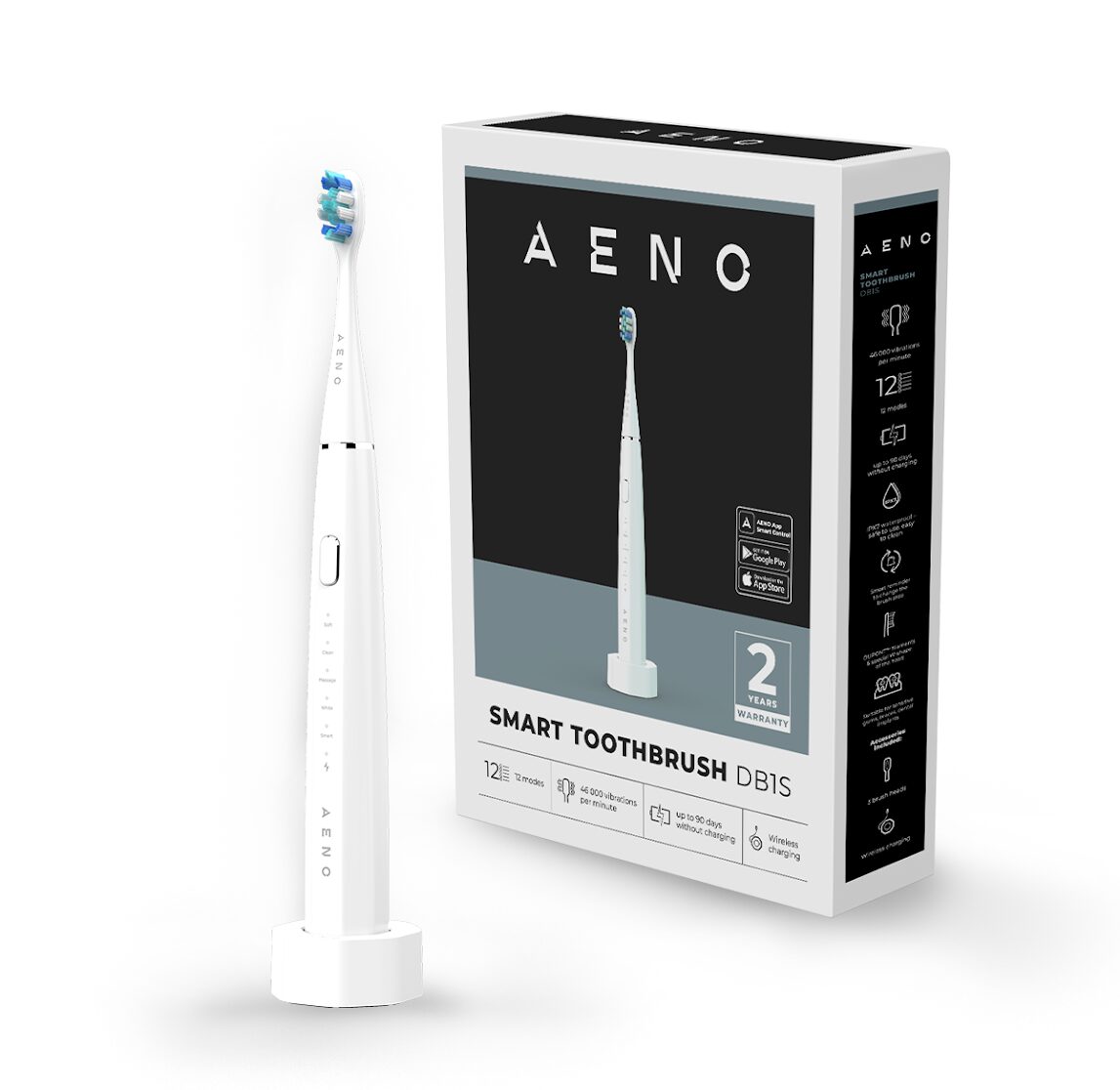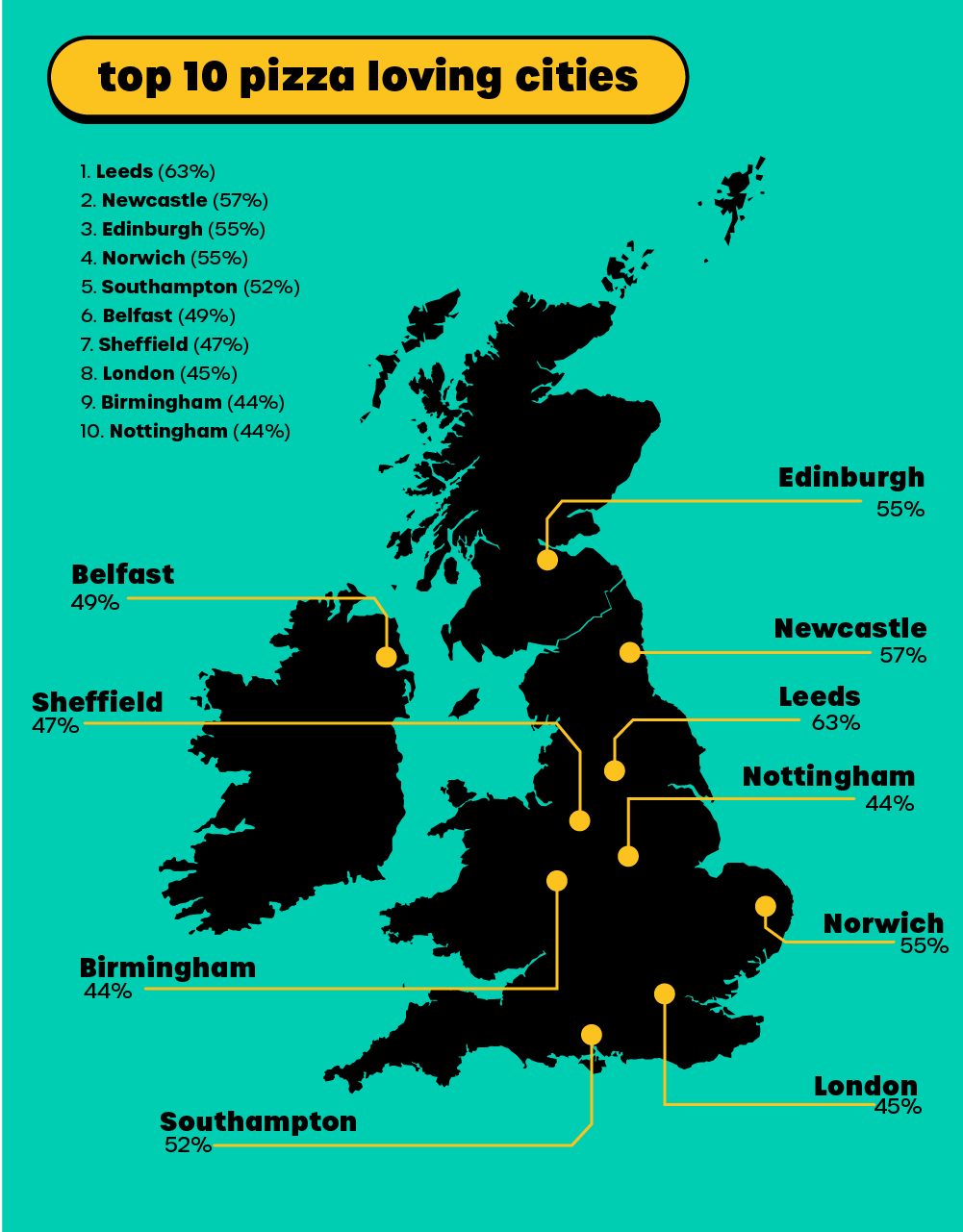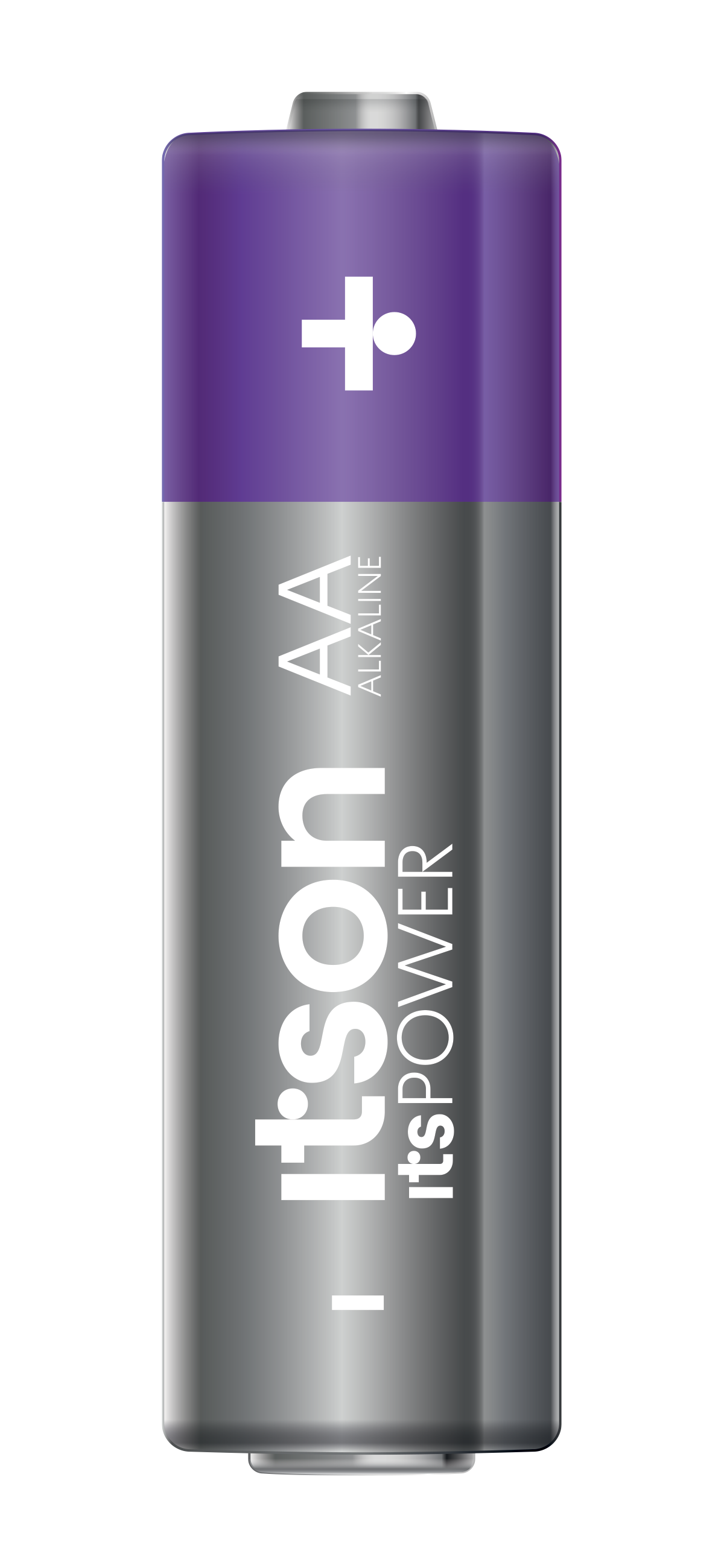Choosing the right website builder can be a daunting task, especially when there are so many options available. Two popular website builders are Wix and WordPress. Both platforms offer unique features and benefits, making it difficult to determine which one is best for your needs. In this article, we’ll compare Wix and WordPress to help you make an informed decision.
Wix
Wix is a cloud-based website builder that offers a user-friendly drag-and-drop interface, making it easy for users to create a website without any coding experience. Wix offers a variety of templates and customization options, allowing users to create a unique website that aligns with their brand.
One of the benefits of using Wix is that it is an all-in-one solution. This means that Wix provides users with everything they need to create and launch a website, including hosting, security, and support. Additionally, Wix offers a variety of marketing tools, such as SEO, email marketing, and social media integrations.
However, one of the downsides of Wix is that it has limited flexibility when it comes to customization. While Wix does offer a variety of templates and customization options, there are limitations to what users can do. For example, users cannot access the website’s HTML or CSS code, which can limit the ability to make certain customizations.
WordPress
WordPress is a self-hosted website builder that is open source, meaning that users have full access to the website’s code and can customize it as needed. WordPress offers thousands of plugins and themes, making it a highly customizable platform that can be tailored to your specific needs.
One of the benefits of using WordPress is its flexibility. Since users have full access to the website’s code, they can make any customizations needed to create a unique website that aligns with their brand. Additionally, WordPress offers a wide range of plugins that can enhance the website’s functionality, such as SEO, e-commerce, and social media integrations.
However, one of the downsides of WordPress is that it can be more difficult to use than Wix. WordPress requires a bit more technical knowledge, and users may need to hire a developer to help them with customizations or maintenance. Additionally, WordPress does not offer hosting, security, or support, which means that users will need to handle these aspects themselves or hire a third-party provider.
Comparison
When it comes to comparing Wix and WordPress, there are several factors to consider, including ease of use, flexibility, and customization options. Here is a breakdown of how the two platforms stack up against each other:
Ease of use: Wix is more user-friendly than WordPress. Wix’s drag-and-drop interface makes it easy for users to create a website without any coding experience. On the other hand, WordPress requires a bit more technical knowledge and can be more difficult to use.
Flexibility: While Wix offers a variety of templates and customization options, it does have limitations when it comes to customization. WordPress, on the other hand, is highly customizable, thanks to its open-source nature.
Customization options: Both Wix and WordPress offer a variety of customization options, but WordPress has a wider range of plugins and themes available, making it easier to tailor the website to your specific needs.
Support: Wix provides users with hosting, security, and support, while WordPress does not. Users will need to handle these aspects themselves or hire a third-party provider.
Conclusion
When it comes to choosing between Wix and WordPress, it depends on your specific needs. If you are looking for a user-friendly platform that provides everything you need to create and launch a website, Wix may be the better option for you. However, if you are looking for a highly customizable platform that can be tailored to your specific needs, WordPress on the other hand, is an open-source platform that is widely used for creating websites and blogs. It offers a high degree of flexibility and customization, making it ideal for businesses of all sizes. WordPress offers both a free, self-hosted version and a paid version that includes hosting and other features.
One of the biggest advantages of WordPress is its vast library of plugins and themes. These plugins allow users to add new features and functionality to their website without any coding knowledge, while the themes allow for complete customization of the website’s appearance. Additionally, WordPress is highly optimized for search engine optimization (SEO), making it easy for businesses to improve their website’s visibility in search engine results pages (SERPs).
When it comes to e-commerce, WordPress offers the popular WooCommerce plugin, which allows users to create a fully functional online store. WooCommerce offers a variety of payment options, including PayPal and Stripe, and allows for easy management of products, orders, and inventory.
While WordPress offers more customization options and flexibility, it also requires a steeper learning curve and can be more time-consuming to set up and maintain. Additionally, businesses will need to invest in a reliable hosting provider to ensure their website’s speed and security.
In summary, both Wix and WordPress offer unique advantages and disadvantages for businesses looking to create a website. Wix is ideal for those who want a simple and easy-to-use platform with limited customization needs. On the other hand, WordPress is better suited for businesses with more advanced customization needs and a willingness to invest time and resources into creating a highly customized website.
The decision between Wix and WordPress will depend on the specific needs and goals of the business. It’s important to carefully evaluate the features and limitations of each platform before deciding. With the right platform in place, businesses can create a professional and effective online presence that helps them reach and engage with their target audience.
| Website Builder | Starting Price | Free Trial | Domain Renewal Costs |
| Wix | Free and premium plans are available | Yes | $14.95 per year for domain renewal |
| Squarespace | £12 per month based on annual billing | 14-day free trial | $20 per year for domain renewal |
| Shopify | $9 per month for Shopify Lite | 14-day free trial | $14 per year for domain renewal |
| GoDaddy | Three pricing plans starting at $10 per month | No free trial is available | $17.99 per year for domain renewal |
| Hostinger | Free plan and premium plans start at $1.99 per month | No free trial is available | $8 per year for domain renewal |
| Weebly | Free plan and premium plans start at $6 per month | Yes, with premium plans only | $19.95 per year for domain renewal |
| WordPress.com | Free plan and premium plans start at $4 per month | Yes, with premium plans only | $18 per year for domain renewal |
| IONOS (1&1) | Three pricing plans starting at $1 per month | No free trial is available | $15 per year for domain renewal |
| Site123 | Free plan and premium plans start at $12.80 per month | Yes, with premium plans only | $13.90 per year for domain renewal |
| Jimdo | Free plan and premium plans start at $9 per month | Yes, with premium plans only | $20 per year for domain renewal |


















